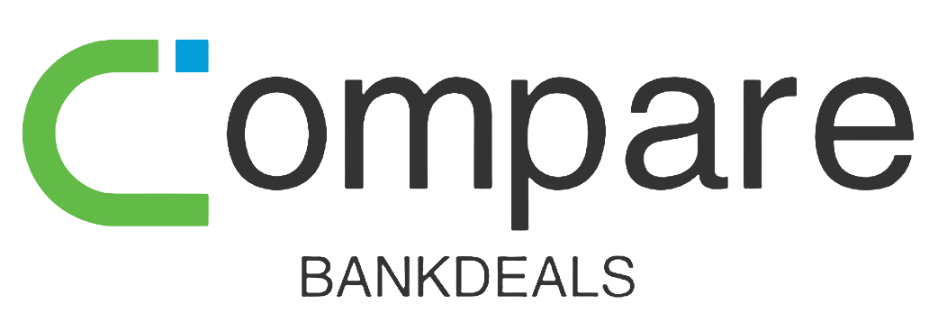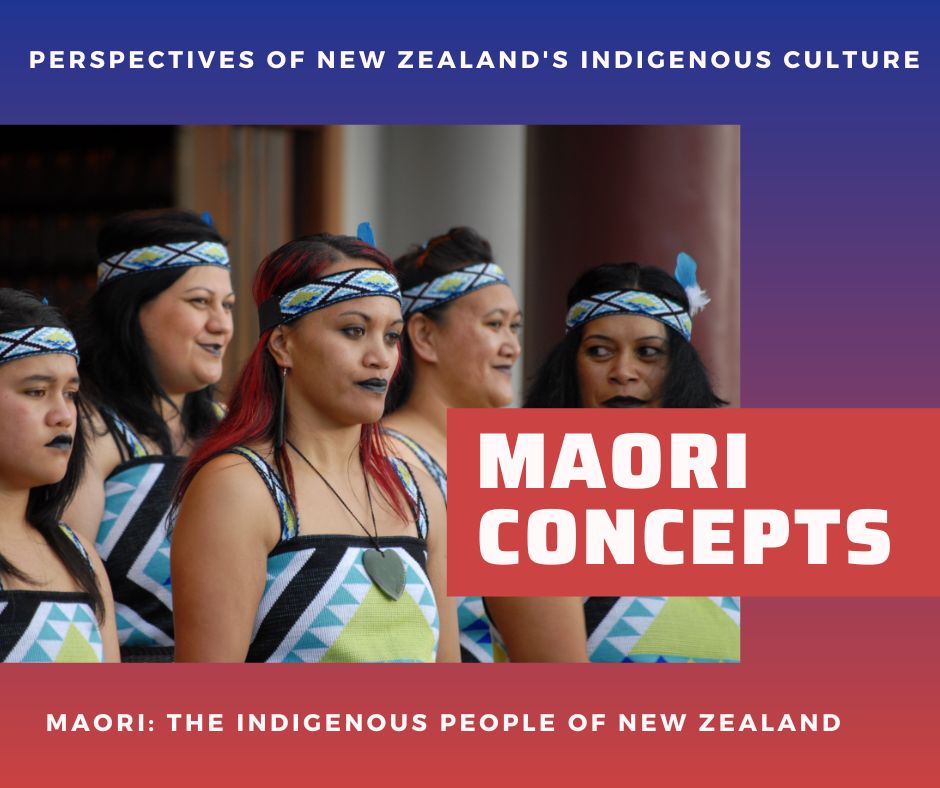The Maori are the indigenous people of New Zealand, and their culture is deeply intertwined with the history and identity of the country. As such, it is essential to understand Maori concepts to gain a comprehensive understanding of New Zealand’s society, business environment and it’s Indigenous Technical Knowledge (ITK). In this article, we will explore some of the key Maori concepts that are relevant to businesses and individuals operating in New Zealand.
Whakapapa: Understanding Genealogy and Interconnectedness
Whakapapa is the Maori concept of genealogy and interconnectedness. It is the idea that everything and everyone is connected and has a shared history. In business, this concept is particularly relevant to understanding the relationships between different stakeholders. For example, a business may have relationships with its suppliers, customers, and employees, but it also has a responsibility to the wider community and environment. By understanding whakapapa, businesses can appreciate the interconnectedness of these relationships and take a more holistic approach to their decision-making.
Mana: Understanding Personal Power and Authority
Mana is the Maori concept of personal power and authority. It is the idea that individuals have a certain level of influence and respect, based on their actions and achievements. In business, mana can be particularly relevant to leadership and management. A leader with high mana will be able to inspire and motivate their team, while a manager with low mana may struggle to gain the respect and loyalty of their employees. By understanding mana, businesses can ensure that their leaders and managers are respected and effective.
Tikanga: Understanding Cultural Protocols and Customs
Tikanga is the Maori concept of cultural protocols and customs. It is the idea that there are certain ways of doing things that are appropriate and respectful within Maori culture. In business, tikanga can be particularly relevant to building relationships with Maori stakeholders, such as customers or employees. For example, a business may need to follow certain protocols when conducting a powhiri (Maori welcome ceremony), or when using Maori language in communications. By understanding tikanga, businesses can ensure that they are respectful and culturally appropriate in their interactions.
Kaitiakitanga: Understanding Guardianship and Stewardship
Kaitiakitanga is the Maori concept of guardianship and stewardship. It is the idea that we have a responsibility to look after the natural world and the resources that sustain us. In business, kaitiakitanga can be particularly relevant to environmental sustainability and corporate social responsibility. By understanding kaitiakitanga, businesses can ensure that they are acting in a way that is responsible and respectful towards the environment and the communities that depend on it.
Whanaungatanga: Understanding Relationship Building
Whanaungatanga is the Maori concept of relationship building. It is the idea that relationships are fundamental to Maori culture and that they are built on mutual respect, trust, and cooperation. In business, whanaungatanga can be particularly relevant to building relationships with Maori stakeholders. By understanding whanaungatanga, businesses can ensure that they are building strong and respectful relationships with Maori customers, suppliers, and employees.
Examples of Maori Concepts in Business
To understand how Maori concepts can be applied in a business context, let’s look at some examples:
Air New Zealand: Cultural Protocols
Air New Zealand, New Zealand’s national airline, has been recognized for its efforts to incorporate Maori culture into its operations. One example of this is the use of Maori language and protocols in their inflight announcements. In 2013, Air New Zealand launched a series of videos that teach passengers basic Maori phrases and explain the significance of Maori culture. By incorporating tikanga into its operations, Air New Zealand has been able to build stronger relationships with Maori passengers and demonstrate respect for Maori culture.
Fonterra: Stewardship and Sustainability
Fonterra is a New Zealand-based multinational dairy cooperative and the world’s largest exporter of dairy products. As a company that relies heavily on the natural environment, Fonterra has placed a strong emphasis on environmental sustainability and stewardship. For example, the company has implemented a waterway protection program to reduce the environmental impact of its farming practices and has committed to achieving carbon neutrality by 2050. By prioritizing kaitiakitanga, Fonterra has been able to demonstrate its commitment to responsible and sustainable business practices.
ASB Bank: Relationship Building
ASB Bank is one of New Zealand’s largest banks and has been recognized for its efforts to build relationships with Maori customers and communities. In 2017, ASB launched a Maori banking strategy, which included the appointment of a dedicated Maori relationship manager and the development of a range of financial products specifically designed for Maori customers. By prioritizing whanaungatanga, ASB has been able to build stronger relationships with Maori customers and demonstrate its commitment to serving diverse communities.
Conclusion:
In conclusion, understanding Maori concepts is essential for anyone operating in New Zealand, whether it be in business, politics, or everyday life. By appreciating the interconnectedness of relationships, respecting cultural protocols, prioritizing stewardship and sustainability, and building strong relationships, businesses can demonstrate their commitment to responsible and respectful practices, and contribute to a more inclusive and sustainable New Zealand.



